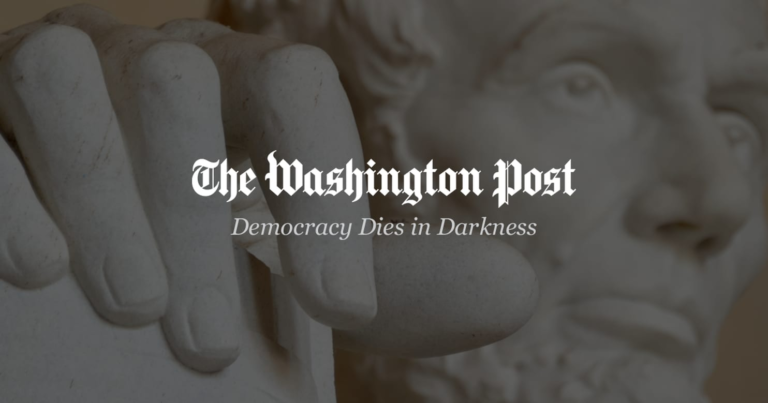Two residents, Miguel Coca and Alejandro Rangel Lopez, argued that the city should require each commissioner to be elected from a separate district, since about 64% of the city’s 27,000 residents are Latino and three of the five districts could have a Latino majority.
Their lawsuit alleges that the city has not elected a Hispanic commissioner since at least 2000, but that a commissioner who will take office in 2022 claims to be Hispanic. Mellgren concluded that a review of local elections since 2014 found that candidates who received the support of the highest percentage of Hispanic voters, including non-Hispanics, won “at least half the time.”
“The Court cannot conclude that the white population’s votes in most cases preclude the election of Latino-preferred candidates,” Judge Mellgren wrote.
About 320 miles (515 kilometers) southwest of Kansas City, Missouri, Dodge City draws thousands of tourists each year with its rugged history from the 1870s and early 1880s and images of saloons, cowboys and gunfights created by the stories of fictional U.S. Marshal Matt Dillon from “Gunsmoke” in the 1950s, 1960s and 1970s. It also has a state-run casino.
The growth of southwest Kansas’ meatpacking industry has attracted job-seeking immigrants and transformed the region, which is home to seven of the eight Kansas communities identified as majority Latino in the 2020 U.S. Census.
The city released a statement Thursday saying Mellgren’s ruling “recognizes our efforts to represent everyone who lives in Dodge City” and that the city commission seeks to build “a stronger, more vibrant and diverse community where all perspectives are respected.”
“It is unfortunate that so much taxpayer money has been spent to defend our position, robbing us of the ability to use those funds to better our community,” the statement said.
The two residents’ lawyers, who included the American Civil Liberties Union of Kansas, the ACLU’s National Voting Rights Project and the UCLA Voting Rights Project, said they had presented “clear evidence” that the system violates the Voting Rights Act.
“We are currently considering next steps in this matter and will continue to work for a truly representative democracy that ensures Latino voters’ voices are heard in Dodge City,” they said in a statement Thursday.
The ACLU also sued local election officials in 2018 after they moved Dodge City’s only polling place outside the city, arguing that doing so made it harder for Latino residents, who often use public transportation to vote. The suit was dismissed after election officials agreed to keep the two polling places in place for future elections.
Mellgren concluded that Coca and Rangel-Lopez had shown that Dodge City’s Latino population was large enough to control at least one hypothetical Commission district and concentrated in specific areas of the city. The experts presented 14 proposed maps that would give Latino majorities in three out of five districts.
The judge also concluded that the plaintiffs had shown that Latinos in Dodge City “voted in significant numbers for the same candidates.”
But Mellgren noted that under standards set by the U.S. Supreme Court decades ago, the Dodge City residents would have to prove that Latino voters “typically” cannot choose the candidate they want.


